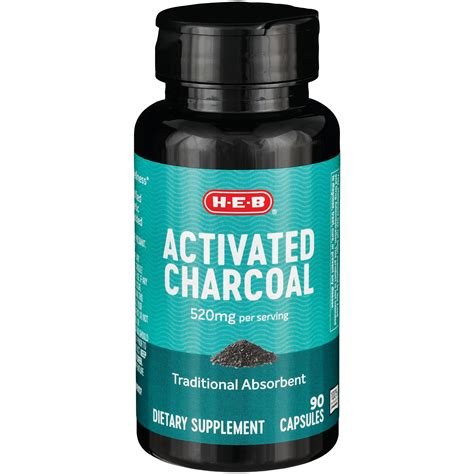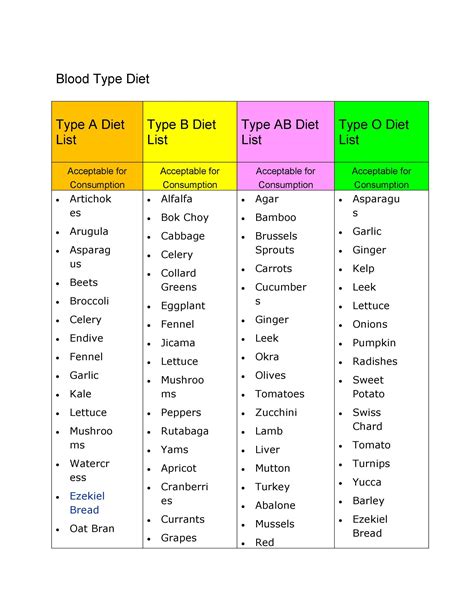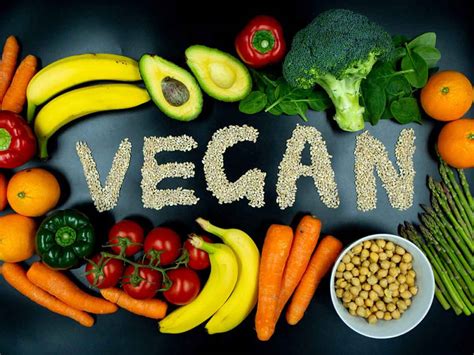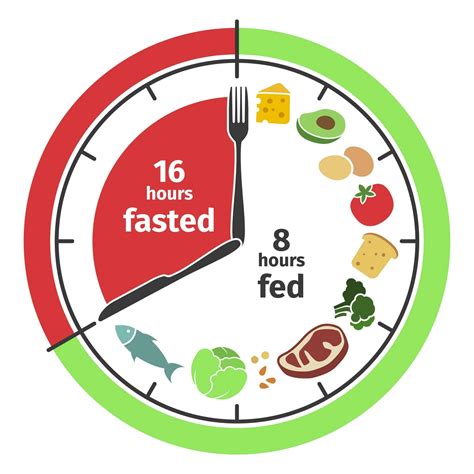Discover the benefits and risks of an activated charcoal diet, and learn how to incorporate it into your daily routine for better health.
What is Activated Charcoal?
Contents
Activated charcoal is a finely milled black powder made from coconut shells, peat, coal, wood, or other materials. It is processed at very high temperatures, which changes its internal structure, reducing the size of its pores and increasing its surface area. This process activates the charcoal, making it more porous than regular charcoal.
In the medical field, activated charcoal is commonly used to treat certain types of poisoning or overdose. When ingested, it binds to the toxins in the stomach and prevents them from being absorbed into the bloodstream.
It is important to note that activated charcoal should only be used for medical purposes under the guidance of a healthcare professional. However, in recent years, activated charcoal has gained popularity as a dietary supplement due to its potential benefits for digestive health and detoxification.
As a dietary supplement, it is available in various forms, including capsules, powder, and as an ingredient in certain health products. People have also started incorporating it into their food and drinks as part of a trend toward using natural and alternative remedies.
While there is some evidence to support the use of activated charcoal for certain medical purposes, more research is needed to fully understand its effects on the body when used as a dietary supplement.
Role of Activated Charcoal in Diet
Activated charcoal has gained popularity in recent years as a potential aid for detoxification and reducing flatulence. It is a form of carbon that has been treated to make it more porous, which increases its surface area and ability to absorb substances. When it comes to diet, activated charcoal plays a role in promoting overall digestion and reducing the effects of certain foods on the body.
One of the main roles of activated charcoal in diet is its ability to bind to toxins and chemicals in the digestive system, preventing them from being absorbed into the bloodstream. This can be particularly beneficial for individuals who experience food intolerances or sensitivities, as it may help to alleviate some of the symptoms associated with these conditions.
Additionally, the use of activated charcoal in diet may also help to reduce bloating and gas that can occur after eating certain foods. By absorbing excess gases in the digestive system, activated charcoal may help to alleviate discomfort and improve overall digestive function.
It is important to note that while activated charcoal may have some benefits in promoting digestive health, it should not be used as a substitute for a healthy, balanced diet. Instead, it can be considered as a complementary aid in supporting overall digestive function and reducing the impact of certain foods on the body.
Benefits of Activated Charcoal Diet
Activated charcoal is a popular supplement and ingredient in the health and wellness world. It is known for its benefits in detoxification and as a natural treatment for certain poisoning and overdose cases. When incorporated into the diet, activated charcoal may offer several potential health advantages.
First and foremost, one of the main benefits of including activated charcoal in the diet is its ability to bind to toxins and chemicals in the body. This can help prevent the absorption of these harmful substances, reducing their impact on overall health. It can be especially useful for individuals who are exposed to environmental toxins or pollutants on a regular basis.
In addition, some people have reported that taking activated charcoal as part of their diet has helped improve digestive issues. It may alleviate symptoms of bloating, gas, and discomfort by absorbing excess gas in the digestive system, promoting better overall digestive health. This, in turn, can lead to improved energy levels and a greater sense of well-being.
Furthermore, activated charcoal is often used to alleviate symptoms of food poisoning and stomach bugs. When consumed alongside a healthy diet, it may help to reduce symptoms such as nausea, vomiting, and diarrhea by absorbing the toxins causing the illness. This can lead to a quicker recovery and a reduced impact on overall health.
Lastly, some individuals have reported that incorporating activated charcoal into their diet has helped to improve their skin health. By binding to and removing toxins from the body, it can help to reduce the occurrence of skin issues such as acne and breakouts. This may lead to clearer, healthier skin and a boost in confidence and self-esteem.
Potential Risks of Activated Charcoal Diet
Activated charcoal has gained popularity as a health and wellness trend, but like any supplement or addition to one’s diet, it’s important to consider the potential risks. While activated charcoal is known for its ability to aid in detoxification and digestion, it’s important to be aware of the potential risks of incorporating it into your diet.
One potential risk of consuming activated charcoal is its ability to interfere with the absorption of certain medications. Activated charcoal can bind to medications in the stomach, preventing the medications from entering the bloodstream. This can reduce the effectiveness of medications and potentially lead to negative health outcomes.
Additionally, regular consumption of activated charcoal can disrupt the balance of nutrients in the body. Activated charcoal can bind to essential vitamins and minerals, preventing their absorption and leading to deficiencies. This can have negative effects on overall health and well-being.
Another potential risk of activated charcoal consumption is its abrasive nature. Activated charcoal can be harsh on the digestive system, leading to potential irritation and damage to the gastrointestinal tract. This can result in discomfort and digestive issues, especially when consumed in large quantities.
It’s also important to note that activated charcoal may not be suitable for everyone. Individuals with certain medical conditions, such as gastrointestinal disorders or those taking specific medications, should consult with a healthcare professional before incorporating activated charcoal into their diet to ensure it is safe and appropriate for them.
How to Incorporate Activated Charcoal into Diet
Adding activated charcoal to your diet can be beneficial for your overall health, but it’s important to know how to incorporate it properly. One way to include activated charcoal in your diet is by taking it as a supplement in capsule form. You can find activated charcoal capsules at most health food stores and pharmacies. It’s important to follow the dosage instructions on the packaging and to drink plenty of water when taking the capsules.
You can also incorporate activated charcoal into your diet by adding it to your favorite smoothie recipe. Simply mix in a small amount of activated charcoal powder with your other smoothie ingredients and blend until smooth. This is a great way to reap the detoxifying benefits of activated charcoal while also enjoying a tasty and healthy treat.
Another creative way to include activated charcoal in your diet is by using it as a natural food coloring. You can mix activated charcoal powder with a small amount of water to create a black food coloring that can be used in a variety of recipes. Whether you’re making homemade frosting, pancakes, or even pasta, activated charcoal can add a unique and striking hue to your dishes.
If you’re feeling adventurous, you can even try incorporating activated charcoal into savory dishes. For example, you can use it as a seasoning for roasted vegetables or sprinkle it on top of popcorn for a healthy and visually striking snack. However, it’s important to use activated charcoal sparingly in savory dishes, as its strong flavor can be overwhelming if used in large quantities.












